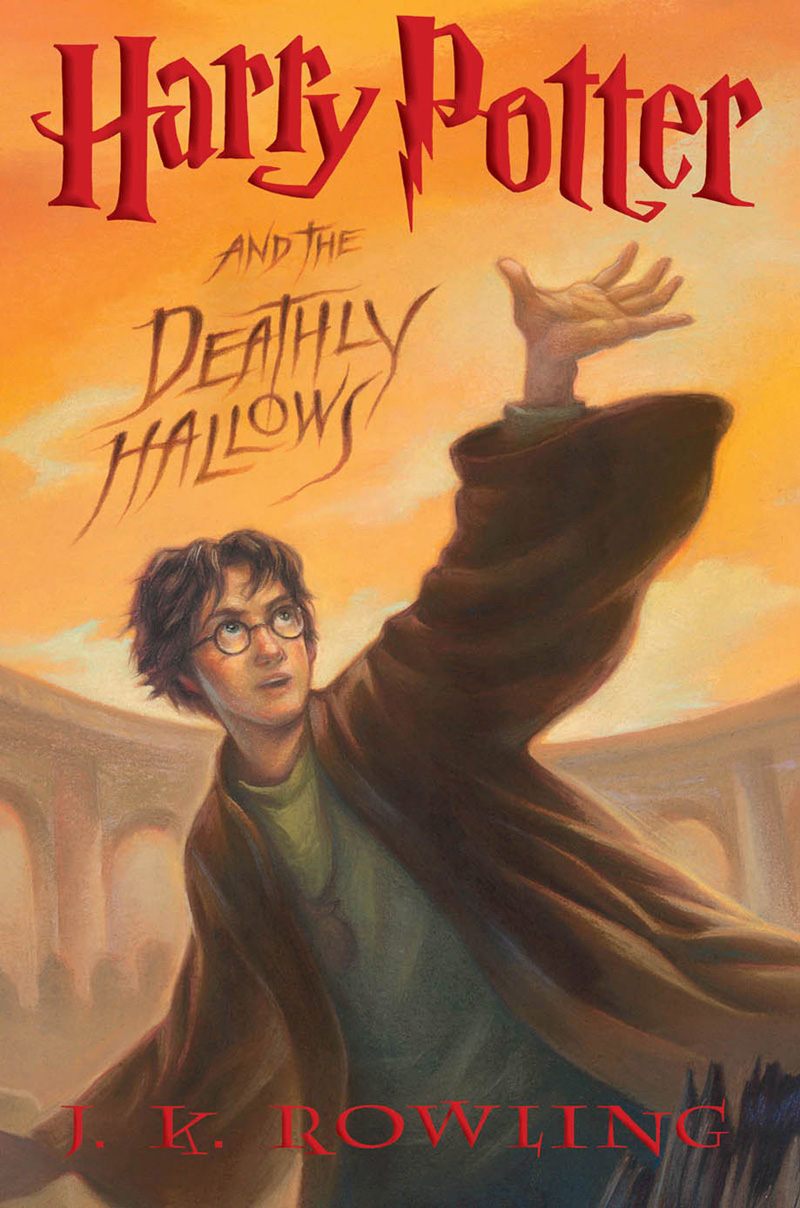I’m going to warn you right now that this is the point in the semester at which all of my research projects begin to meld together in my head and take over everything that I do, so from now on you will probably be hearing a lot about The Master and Margarita, Sergio Leone films, Frankenstein, and M.G. Lewis’s The Monk. Or not. Just know that if I ever for any reason start quoting Nietzsche, it means I have lost my mind.
One thing that really strikes me as a contrast to American ideology in Zorba the Greek is the scene on page 302 where Zorba reenacts for the narrator how his father quit smoking: “‘he...pulled out his pouch and tore it to shreds with his teeth, then stamped it in the ground and spat on it. “Filth! Filth!” he bellowed. “Dirty slut!”...That’s the way real men behave, boss.’” This is the way “real men” behave? I’ve been reading Lee Clark Mitchell’s Westerns: Making the Man in Fiction and Film, and in it he talks about how to Americans Clint Eastwood embodies a “real man” because he does everything with so much “restraint.” Mitchell even compares him to an automaton or a zombie. I immediately thought of this idea when I read this part of Zorba, because, while I agree that a “real man” might just quit smoking cold turkey like Zorba’s father, I find his method to be absolutely childish. And does he have to call it a “Dirty slut?” Of course he does. The smoking makes Zorba’s father more of a “real man” until he becomes disgusted with it; then, he must feminize it to properly show his disgust and to distance himself from it. (Another thing I remember about Aristotle is that part of the Model of Contagious Intoxication involved inculcating his students with a fear of lust for the female body. This theme is so much a part of Zorba the Greek that I think the full title of the book should be Zorba the Greek: A Story of Platonic Love.)
Anyway, this whole scene underscores the fact that Zorba represents all kinds of grand passions and that he’s larger than life, like a Greek god—his father was even bigger, even more larger-than-life. It makes one take note of the differences between the passionate and the rational. The narrator represents the rational, and I find myself disappointed in him after he gets Zorba’s telegram about the beautiful green rock and reacts by writing a letter to Zorba in “the moderating, cold, human voice of logic” (306). I find it interesting that we don’t get to see the letter. I am curious to see what it says. I also find it interesting that the narrator blames his cold, rational behavior on the German depression. That’s not really what his problem is here; this is just his true nature returning to him. He is kind of like an automaton, or a “pen-pusher” as Zorba calls him. I wonder if Greeks think Americans are all automatons (I wonder if they see Germans as automatons, since the narrator is in
I find end of Zorba kind of frustrating. Lauren Bailey was talking about this book in my Food and Lit class (the one where I’m writing about Bulgakov), and she was talking about catharsis. This book has so many cathartic moments, like the singing girl on page 293, “All at once he leaped up and caught her by the foot, gripping it fiercely. She burst into tears as if only waiting for this brutal gesture to relieve her feelings.” I felt denied when I read about Zorba dying. I thought it would make me cry, but it didn’t. I don’t know if it is tempered by the cold tone of the schoolmaster’s letter or the ridiculous image of Zorba jumping out of bed and dying while looking out the window. The part about the santuri is sweet, but it didn’t make me cry. I cried at the end of The Master and Margarita when Pilate walked away with Yeshua and Banga, and the Pilate plotline was the least interesting to me. I cried when Jim Burden met the 45-year-old “flat-chested” gray-haired Ántonia in My Ántonia. (And I know I’m supposed to talk about literature in the present tense, but I can’t use past and present tense in the same sentence. It makes me crazy.) I find the end of Zorba the Greek kind of conflicted. I think the rationality of the narrator overrides any sense of catharsis because he doesn’t have Zorba there to help him out by dancing or something.












